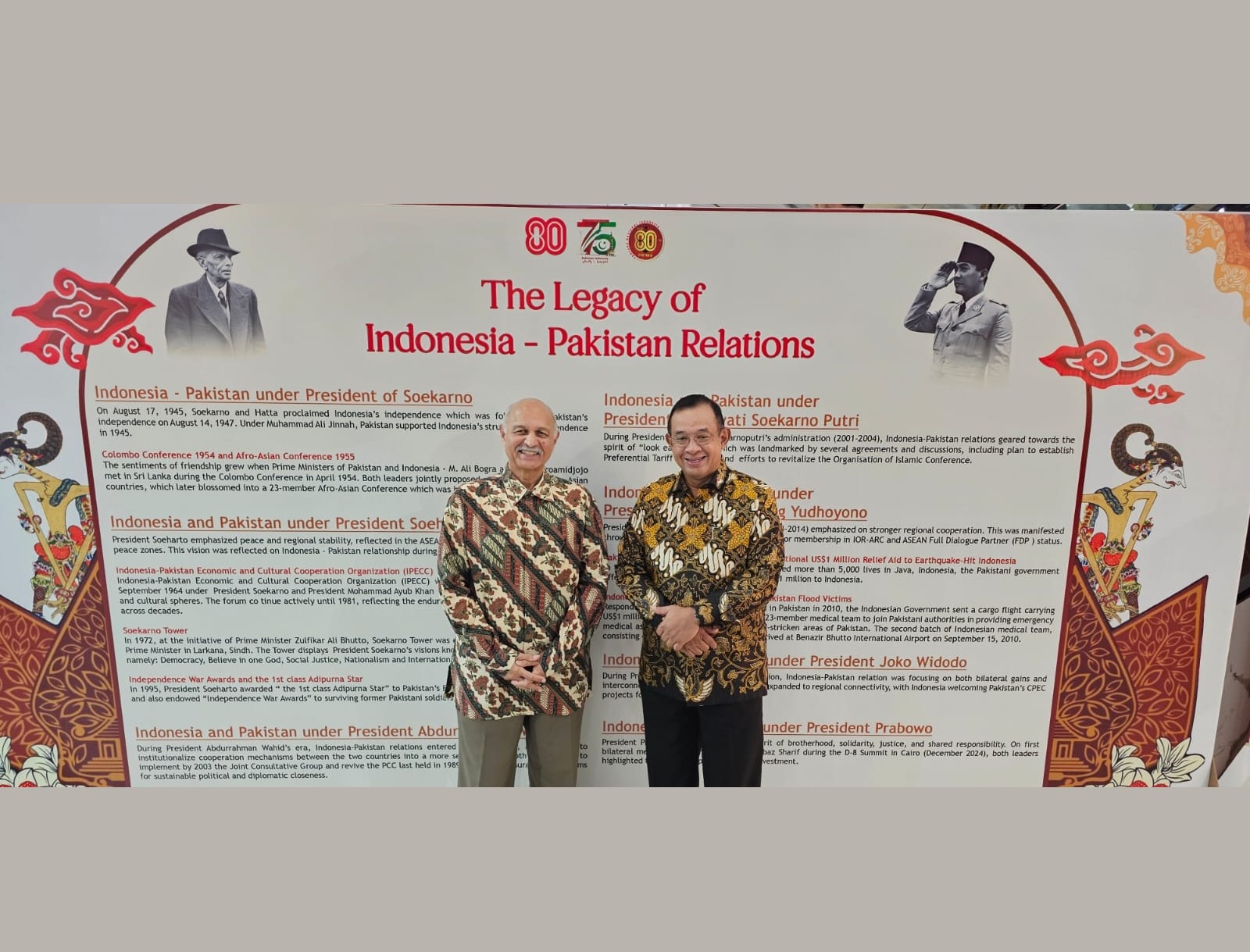Introduction
The element of the digital age is a massive paradox since on the one hand it introduces the new vistas of connectivity, innovation and economic growth, whereas on the other hands, it has brought a chain of transnational threats. Cybercrimes are bad habits among them being state-sponsored espionage and the fact that malicious cyber-activity is now threatening national security, economies and social trust that holds society together naturally. These new issues are difficult to keep pace with the current paradigms of international regulation that in the most part have been developed in the pre-digital age. The internally timely image of creating a safe, stable, and just cyberspace, in this respect, can be found in the recommendations of China in its offer of a Community with a Shared Future of Humanity, in the perspective of its Global Governance Initiative (GGI).
Looking at it through the prism of Pakistani society, the necessity of a new model of digital governance is not only theoretical but also a strategic one. The present global cyber-governance is anarchistic, with actions by the mighty states tendencies to dominate it. Such an imbalance threatens trust and inclusivity in the digital world order all over the globe. The global governance strategy of China is founded on character of fairness and cooperation, which aims at providing an alternative to the previously held views of multilateralism and sovereign equality. Digital sovereignty as the privilege of each state to sit in control of its own cyberspace and control the information of its citizens in line with domestic laws have a strong response amongst developing states. As far as Pakistan is concerned, this principle, without affecting autonomy and critical infrastructure security, allows the country to participate in the global digital economy.
Under the Global Governance Initiative of China, various principles are outlined that can be applied immediately in the cyberspace architecture. Its compliance with the international law of rule requires universal standards on cybercrime and state-sponsored cyberattack. This consortium model goes beyond the method of unilateral sanctions and promotes an order of rules in digital realms. It is also important that multilateralism of the Initiative fosters such similar activities as the threat intelligence sharing, capacity building, and joint response to cyber events. This type of cooperation is already practiced by Pakistan in terms of digital infrastructure, data security and technological capacity development joint initiatives with China.
It is, perhaps, the most transformational element of the China vision that its mode of global governance is people-centered. Being traditionally understood in the national security framework, the sphere of cybersecurity is reconsidered as the issue of user protection and digital rights. This change puts human beings at the pivotal point of the digital governance, but not systems, or even institutions. This is of particular importance to those scholars working in Communication and Media Studies. It reiterates the fact that cybersecurity is not just a technical requirement, but a social and ethical one.
These principles are founded on practical outcomes since much attention is paid to practical action. This principle is an example of the Digital Silk Road, which is an essential part of the Belt and Road Initiative (BRI). In addition to infrastructure development, it constitutes a global partnership to create next-generation digital infrastructure – in the form of fiber-optic networks and data centers, smart cities, and e-commerce ecosystems. In this context, a good example of the intersection of cybersecurity and global governance is the China-Pakistan Economic Corridor (CPEC). Digital projects in CPEC will be successful with participation in common cybersecurity criteria and level of trust. Through co-developing secure network and technology platforms, Pakistan and China will be building a shared digital future together based on cooperation, inclusivity, and shared security.
Cybersecurity is gradually turning out to be a soft power in the international scene. Countries, which have safe internet space, and safeguard their users portray an impression of dependability and accountability. The countries like China and Pakistan are seen to extend their credibility and authority to the rest of the world by offering secure digital ecosystems. Security therefore no longer remains an offensive of defense, but also, a way of establishing confidence and creating the world discourse.
In conclusion, security in cyber-space is the dominating theme of the modern international regulation. The fragmented and uninspired digital version of the former needs to be substituted with a participative, holistic and humane system of the government. Pakistan is not only obligated by interested strategies, but also the moral obligation to participate in the platforms such as CPEC and the Digital Silk Road. By combining cybersecurity with the general ideas of shared prosperity and human security, both countries will contribute to ensuring the common global future.

Participant of ICSF – UOS Fellowship Program 2025-26 at University of Sargodha.














